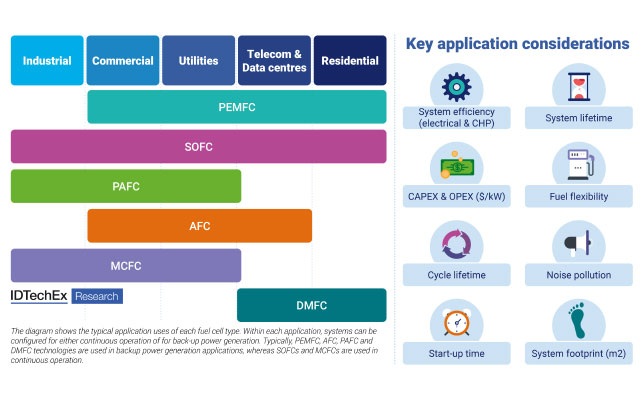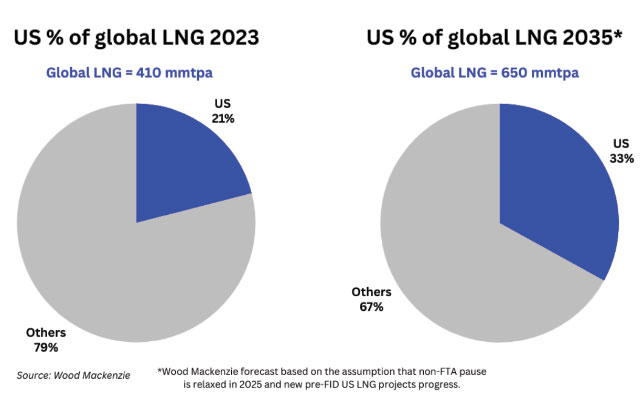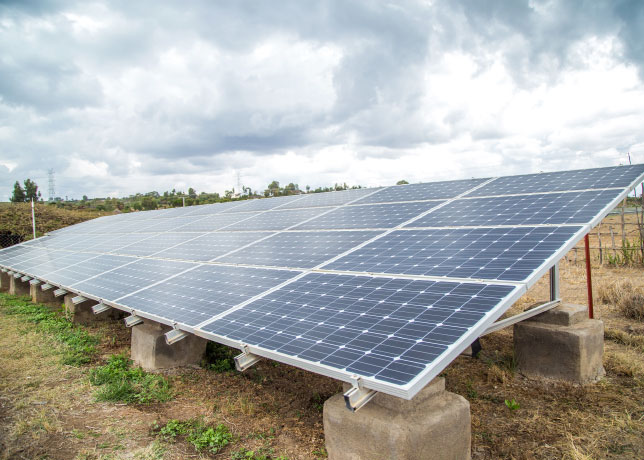 Image by Rorozoa/ Freepik
Image by Rorozoa/ Freepik
Oil prices steadied, after two sessions of losses, as supply concerns over Libya returned to focus, while a smaller-than-expected draw in US crude inventories sapped demand expectations.
Brent crude futures slipped 7 cents, or 0.09 per cent, to $78.58 a barrel by 0812 GMT, while US West Texas Intermediate crude futures edged 1 cent lower, or 0.01 per cent, at $74.51.
Both contracts lost more than 1 per cent, after data showed US crude inventories dropped 846,000 barrels to 425.2 million last week, missing analyst expectations in a Reuters poll for a draw of 2.3 million.
Worries over disruptions in supplies from Libya, a member of the Organisation of the Petroleum Exporting Countries (Opec), were positive for the market, some analysts said.
The Libya supply issues, amid growing geopolitical concerns, will keep oil markets on edge, and are likely to limit downside to prices, said Priyanka Sachdeva, a senior market analyst at Phillip Nova.
Some oilfields in Libya have halted production amid a fight for control of the central bank, with one consulting firm estimating output disruptions of between 900,000 and 1 million barrels per day (bpd) for several weeks.
Libya's July production was about 1.18 million bpd.
"A prolonged shutdown from Libya will give Opec+ a bit more comfort in increasing supply in 4Q24 as currently planned," ING analysts said in a client note, adding that a short disruption would makes the cartel's decision tougher, however.
The length of the supply disruption could have a spillover effect on Opec+ production plans in October, which in turn could push up oil prices if supply does not ease as expected.
"Traders are split on whether Libya's exports halts will impact Opec+ production plans...it remains to be seen if the policy is altered given the bearish demand outlook and fears over the global economy," said Panmure Liberum analyst Ashley Kelty.
Expectations for the US central bank to start cutting interest rates next month also supported oil prices, with Federal Reserve Bank -Reuters































































